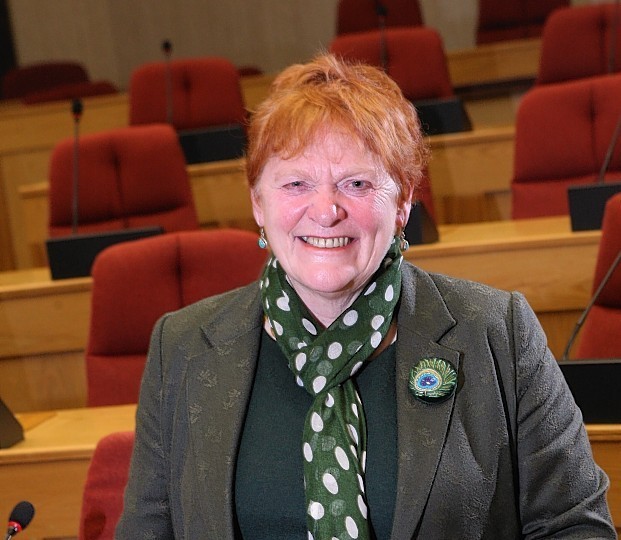Highland Council is to delay publishing its budget to give it more time to tackle a multimillion-pound deficit – and try to protect the most vulnerable in society.
And as part of the emergency move the local authority will gather evidence to establish who could be hardest hit by the UK Government’s austerity measures before the 2016-17 spending plan is agreed February.
Traditionally the budget package is drafted well before Christmas, allowing time for late adjustment before the start of the new financial year.
Council leader Margaret Davidson yesterday refused to guarantee that frontline services would be protected from cuts as her minority independent administration tries to plug a projected three-year £46.3million “black hole”.
A senior opposition councillor branded the budget delay “disturbing” and warned it would restrict the time available to adjust policies which could ultimately cost council jobs.
Council leaders will lobby Finance Secretary John Swinney during the Scottish cabinet’s Ullapool visit later this month, and UK Government minister David Mundell.
Councillor Davidson said: “We’re postponing the final budget until February because senior officers have been told that some of the clarity about government grant settlements for next year won’t be coming through until December.
“In the last few years the council has done the bulk of its budget in December and finalising the detail in February, if needed. We can’t do that this time because there are too many uncertainties.
“The last thing we want to do is cut frontline services, so there’s been a lot of thought given to how we operate, how we can improve productivity and save money.”
She said the most serious human impact of UK austerity measures on the region related to welfare benefits, which she promised to raise with Scottish Secretary Mr Mundell.
Council leaders plan to quiz Mr Swinney over the thorny issue of scrapping the eight-year-old council tax freeze.
It is not yet known if it will continue in 2016-17.
Mrs Davidson hopes the council can identify who is suffering most from UK Government policy. It is unclear how much the evidence-gathering exercise will cost.
“I want a clear summary that everyone can understand about the impact of the austerity programme on Highland communities to establish how much is being drained from the region’s economy,” Mrs Davidson said.
“Is it particularly impacting on a specific sector? Is it young people? Is it women? Whatever it is, we need to get a clearer understanding.
“It’s no use going to UK ministers saying ‘stop doing this, it’s nasty’. We need evidence so we can clearly articulate the impact. The impact on small populations can be far worse.
“We hope frontline service cuts can be avoided, but we can’t say for sure. We need to stretch our imagination and do what we can to minimise the impact of this budget. And we must balance the books.”
A council post of “commercial manager” has been established in recent days to help develop methods of raising new revenue.
Uncertainty remains about the size of the next government grant.
Mrs Davidson added: “We had a pretty clear three-year plan sorted but it’s been derailed by additional cuts that the chancellor (George Osborne) has put on the public sector. We still don’t know how that’s going to impact on Scotland.
“John Swinney has his hands on some levers and controls as well, so we need to know how he’s going to exercise those.”
The council will compare notes with other Scottish local authorities to gauge current thinking about breaking free of the Scottish Government-imposed council tax freeze.
